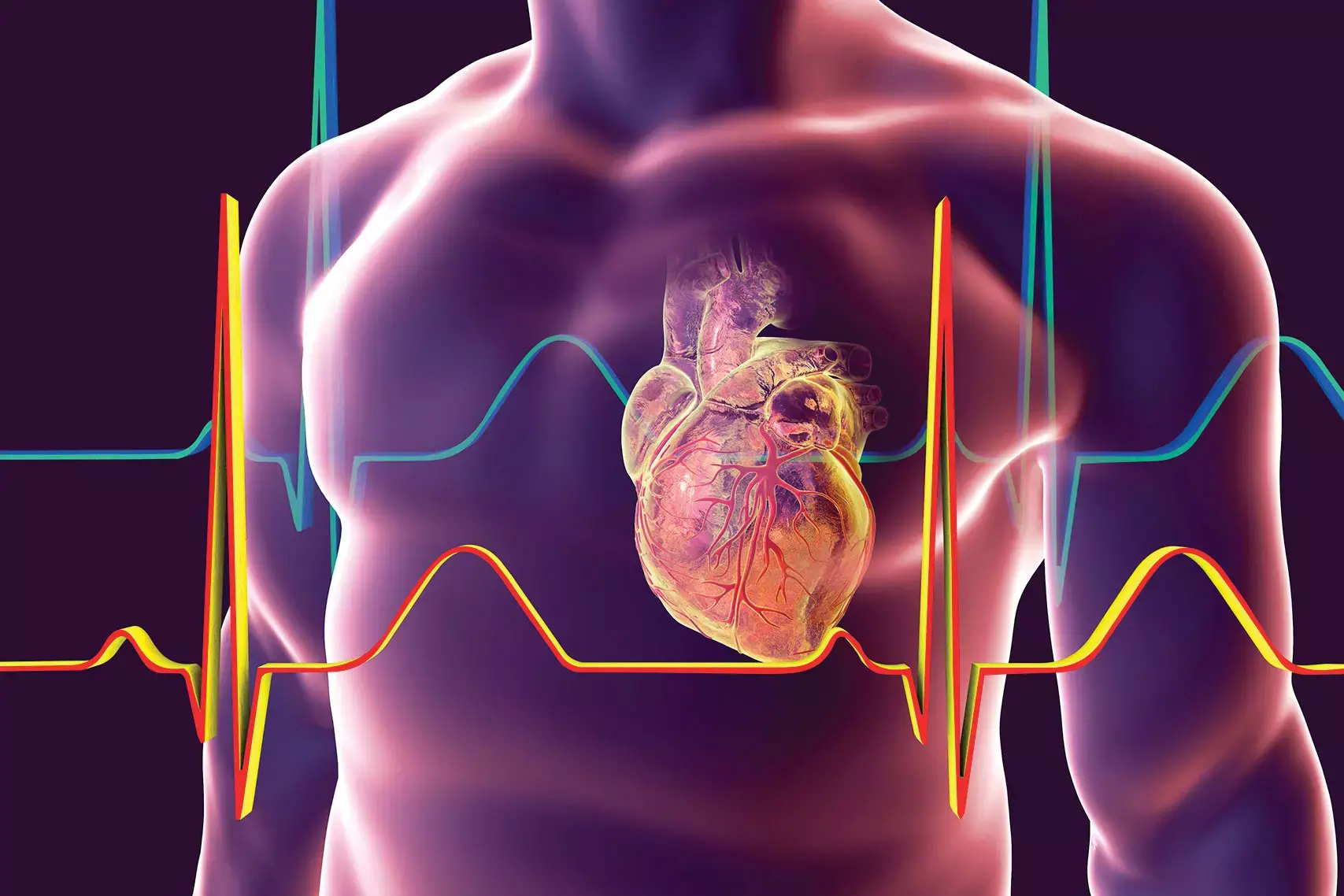- Home
- Medical news & Guidelines
- Anesthesiology
- Cardiology and CTVS
- Critical Care
- Dentistry
- Dermatology
- Diabetes and Endocrinology
- ENT
- Gastroenterology
- Medicine
- Nephrology
- Neurology
- Obstretics-Gynaecology
- Oncology
- Ophthalmology
- Orthopaedics
- Pediatrics-Neonatology
- Psychiatry
- Pulmonology
- Radiology
- Surgery
- Urology
- Laboratory Medicine
- Diet
- Nursing
- Paramedical
- Physiotherapy
- Health news
- Fact Check
- Bone Health Fact Check
- Brain Health Fact Check
- Cancer Related Fact Check
- Child Care Fact Check
- Dental and oral health fact check
- Diabetes and metabolic health fact check
- Diet and Nutrition Fact Check
- Eye and ENT Care Fact Check
- Fitness fact check
- Gut health fact check
- Heart health fact check
- Kidney health fact check
- Medical education fact check
- Men's health fact check
- Respiratory fact check
- Skin and hair care fact check
- Vaccine and Immunization fact check
- Women's health fact check
- AYUSH
- State News
- Andaman and Nicobar Islands
- Andhra Pradesh
- Arunachal Pradesh
- Assam
- Bihar
- Chandigarh
- Chattisgarh
- Dadra and Nagar Haveli
- Daman and Diu
- Delhi
- Goa
- Gujarat
- Haryana
- Himachal Pradesh
- Jammu & Kashmir
- Jharkhand
- Karnataka
- Kerala
- Ladakh
- Lakshadweep
- Madhya Pradesh
- Maharashtra
- Manipur
- Meghalaya
- Mizoram
- Nagaland
- Odisha
- Puducherry
- Punjab
- Rajasthan
- Sikkim
- Tamil Nadu
- Telangana
- Tripura
- Uttar Pradesh
- Uttrakhand
- West Bengal
- Medical Education
- Industry
Bariatric surgery improves Vascular function in obese patients with CV risk: JAMA

A recent study suggest that bariatric intervention is associated with weight loss and favorable remodeling of the vasculature among a wide range of individuals with cardiovascular risk. The findings have been published in JAMA Network Open.
Bariatric surgical weight loss is associated with reduced cardiovascular mortality; however, the mechanisms underlying this association are incompletely understood.
Researchers aimed to to identify variables associated with vascular remodeling after bariatric surgery and to examine how sex, race, and metabolic status are associated with microvascular and macrovascular outcomes.
For the study design, this population-based longitudinal cohort included 307 individuals who underwent bariatric surgery. Participants were enrolled in the bariatric weight loss program at Boston Medical Center, a large, multi-ethnic urban hospital, with presurgical and postsurgical assessments. Data were collected from December 11, 2001 to August 27, 2019. Data were analyzed in September 2019.
Flow-mediated dilation (FMD) and reactive hyperemia (RH) (as measures of macrovascular and microvascular function, respectively) and clinical variables were measured preoperatively at baseline and at least once postoperatively within 12 months of the bariatric intervention.
Results revealed some new facts.
- A total of 307 participants with obesity (mean [SD] age, 42 [12] years; 246 [80%] women; 199 [65%] White; mean [SD] body mass index, 46 [8]) were enrolled in this study.
- Bariatric surgery was associated with significant weight loss and improved macrovascular and microvascular function across subgroups of sex, race, and traditional metabolic syndrome (mean [SD] pre- vs postsurgery weight: 126 [25] kg vs 104 [25] kg; P < .001; mean [SD] pre- vs postsurgery FMD: 9.1% [5.3] vs 10.2% [5.1]; P < .001; mean [SD] pre- vs postsurgery RH: 764% [400] vs 923% [412]; P < .001).
- Factors associated with change in vascular phenotype correlated most strongly with adiposity markers and several metabolic variables depending on vascular territory (eg, association of weight change with change in RH: estimate, −3.2; 95% CI, −4.7 to −1.8; association of hemoglobin A1c with change in FMD: estimate, −0.5; 95% CI, −0.95 to −0.05).
- While changes in macrovascular function among individuals with metabolically healthy obesity were not observed, the addition of biomarker assessment using high-sensitivity C-reactive protein plasma levels greater than 2 mg/dL identified participants with seemingly metabolically healthy obesity who had low-grade inflammation and achieved microvascular benefit from weight loss surgery.
"To our knowledge, this study represents the largest longitudinal bariatric surgical cohort that examined both FMD and RH as measures of macrovascular and microvascular function, respectively. We found that both vascular outcomes, which have been clinically validated as independent predictors of cardiovascular risk, significantly improved following bariatric intervention and track changes in anthropometric measures and metabolic risk factors, depending on vascular territory.
Moreover, differences in arterial responses to weight loss surgery by metabolic status were identified, underscoring heterogeneity in physiological responses to adiposity change and potential activation of distinct pathological pathways in clinical subgroups. As such, individuals with metabolically healthy obesity represent a mixed population that may benefit from more refined phenotypic classification."the team concluded.
For full article follow the link: :10.1001/jamanetworkopen.2021.15267
Source: JAMA Network Open
Dr Satabdi Saha (BDS, MDS) is a practicing pediatric dentist with a keen interest in new medical researches and updates. She has completed her BDS from North Bengal Dental College ,Darjeeling. Then she went on to secure an ALL INDIA NEET PG rank and completed her MDS from the first dental college in the country – Dr R. Ahmed Dental College and Hospital. She is currently attached to The Marwari Relief Society Hospital as a consultant along with private practice of 2 years. She has published scientific papers in national and international journals. Her strong passion of sharing knowledge with the medical fraternity has motivated her to be a part of Medical Dialogues.
Dr Kamal Kant Kohli-MBBS, DTCD- a chest specialist with more than 30 years of practice and a flair for writing clinical articles, Dr Kamal Kant Kohli joined Medical Dialogues as a Chief Editor of Medical News. Besides writing articles, as an editor, he proofreads and verifies all the medical content published on Medical Dialogues including those coming from journals, studies,medical conferences,guidelines etc. Email: drkohli@medicaldialogues.in. Contact no. 011-43720751


